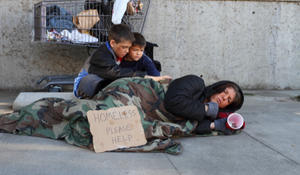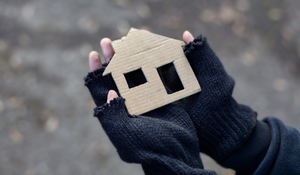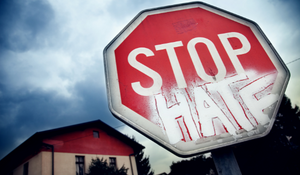A case worker who has worked her entire career feeding the hungry in America recently told us:
"When I was a girl and hesitated to eat my spinach, my eagled-eyed mother would notice and say, ' What about all the starving children in China? Think of them and be grateful you have enough to eat. Finish your spinach.' Like so many other middle-class Americans, I believed hungry children lived in China, India, or Africa, not in America. I believed that until I went into social work at the largest food bank in Pennsylvania. That opened my eyes.










